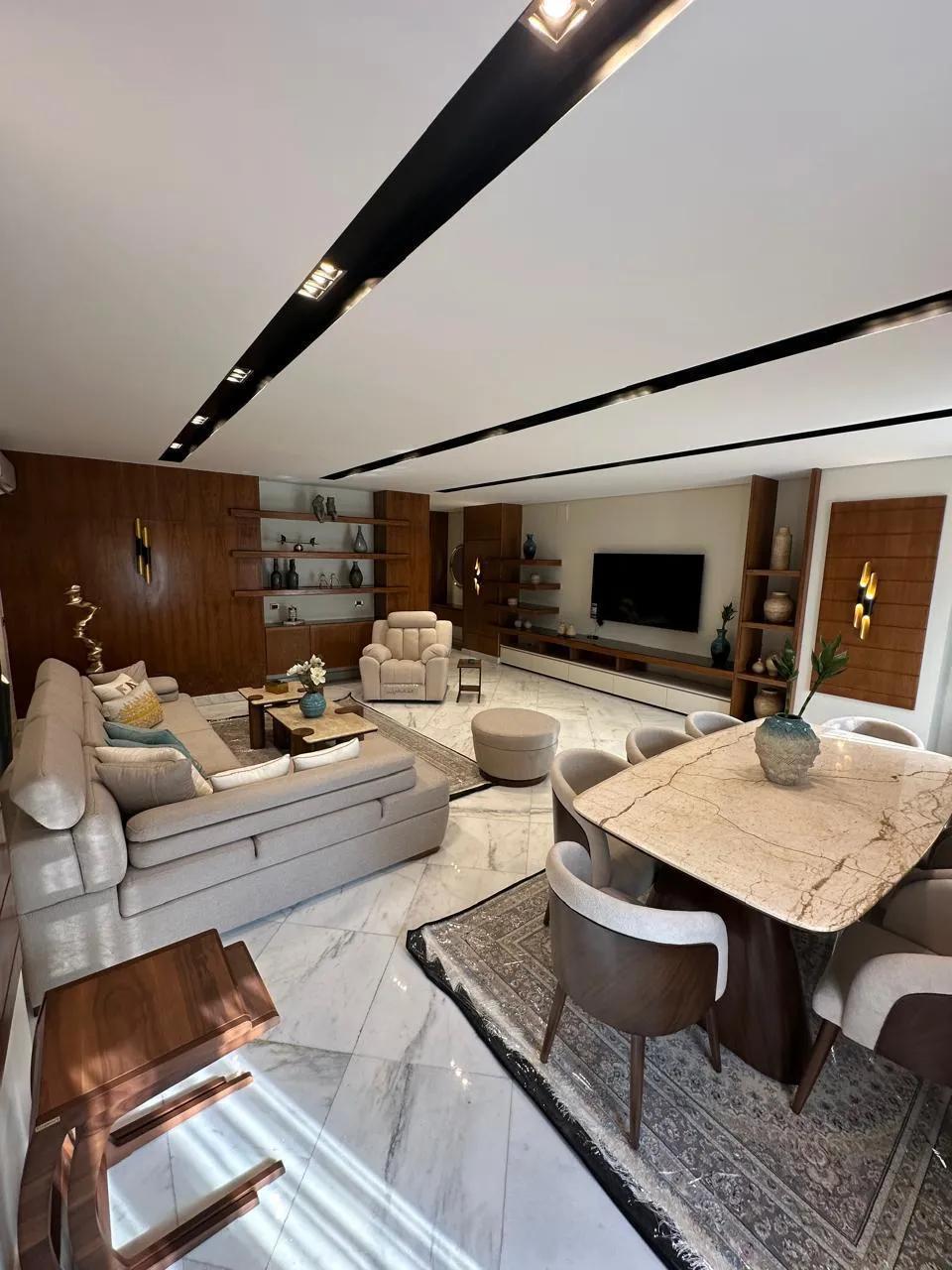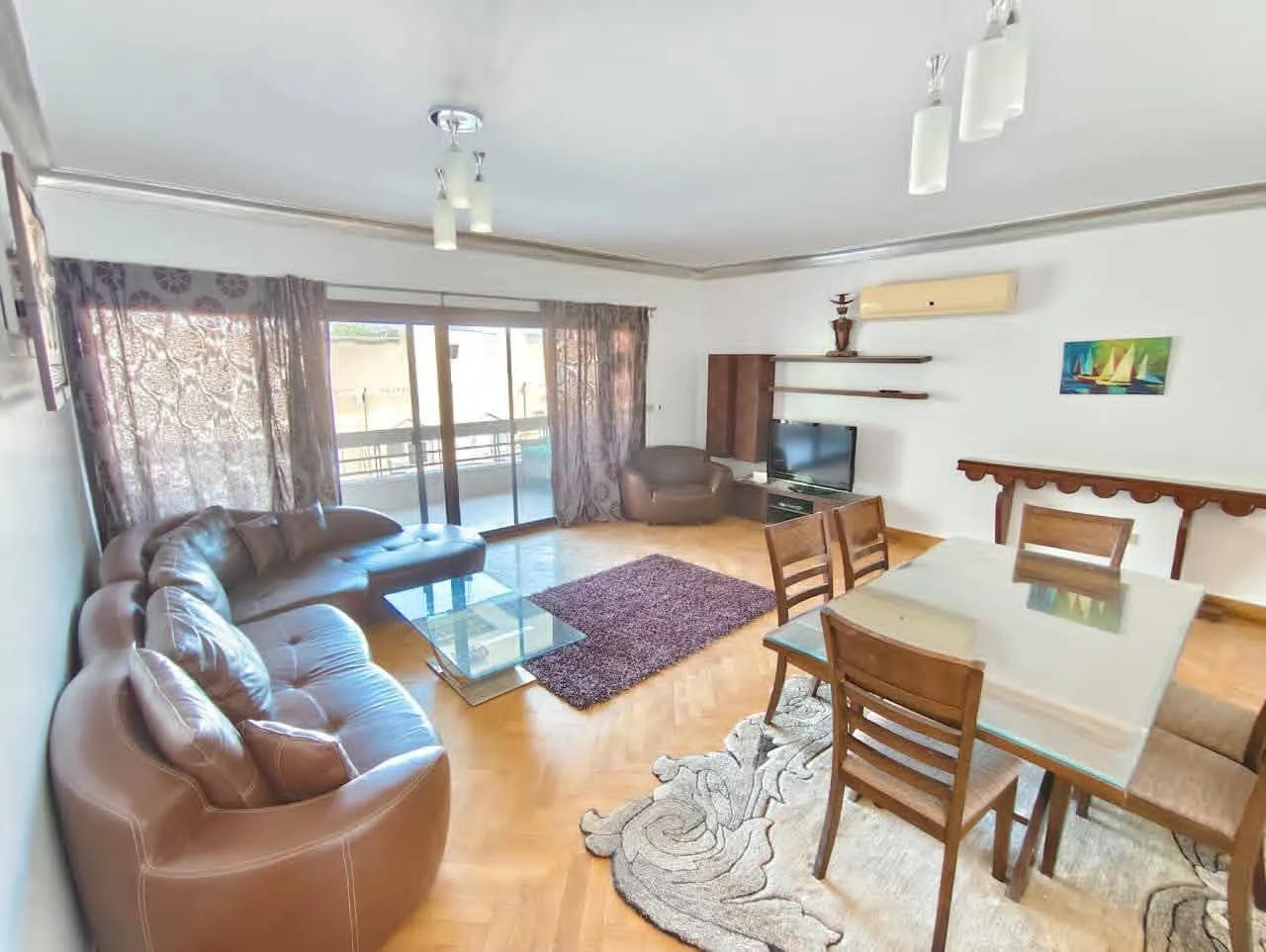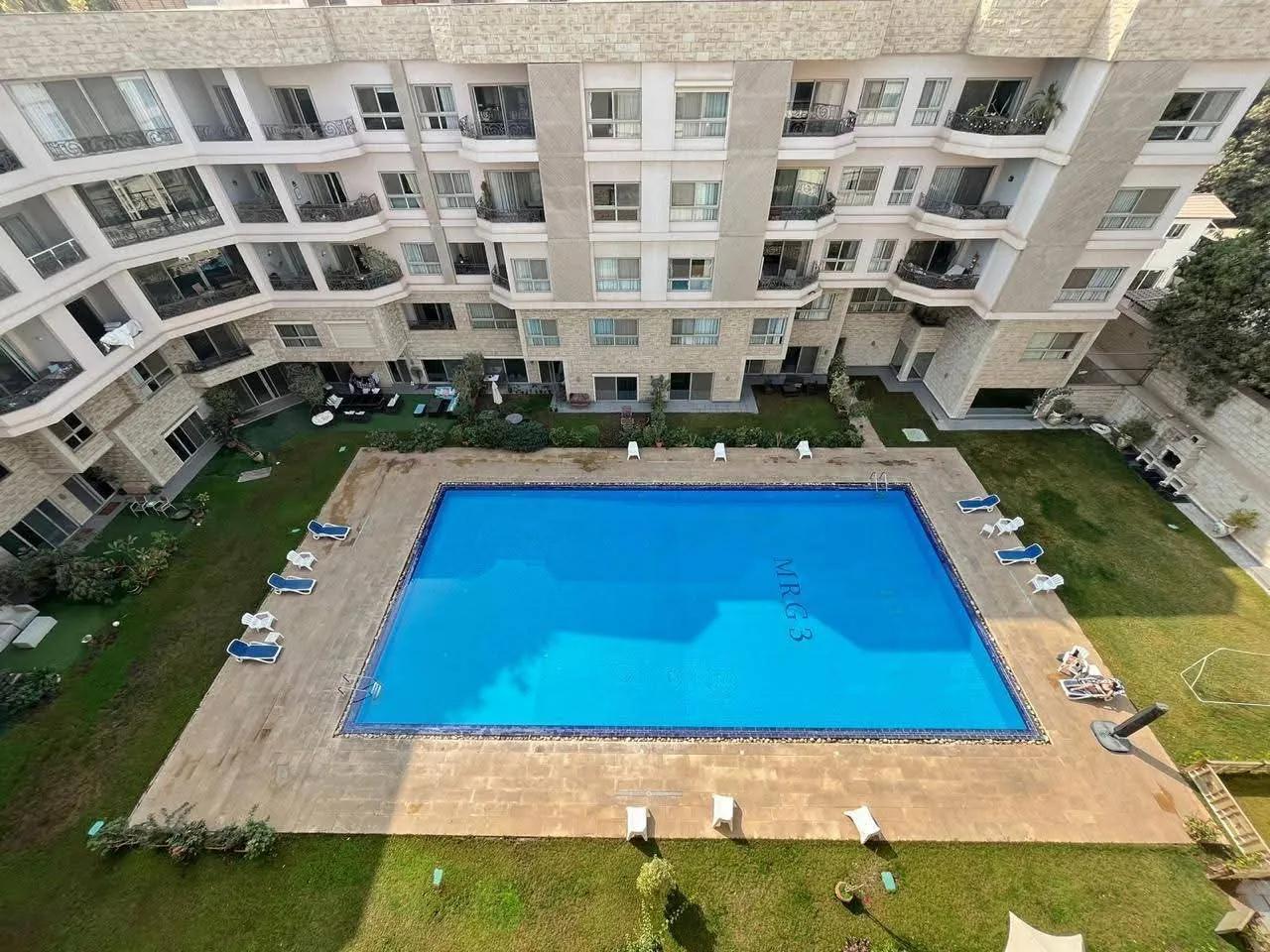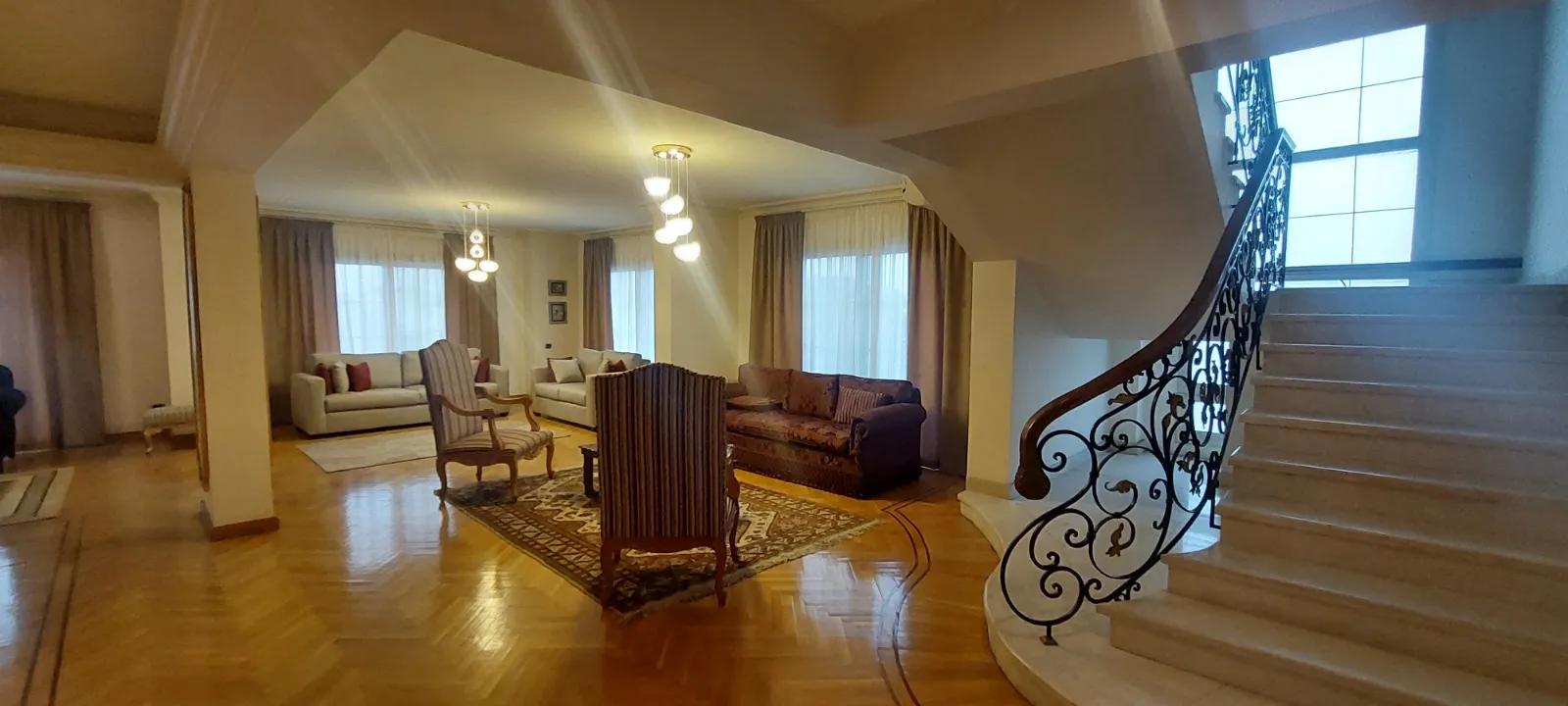Five Essential Steps to Discover Your Ideal Rental Apartment
Author
Ali Ashour
Time
15 Min.
Language
English
Created:
4/8/2024
Updated:
4/9/2024
Five Essential Steps to Discover Your Ideal Rental Apartment
Finding the ideal rental apartment requires leveraging the power of real estate websites, which allow users to filter their search based on various factors such as size, location, and monthly cost. These platforms are indispensable for those seeking apartments for rent near them, offering detailed listings that cater to specific needs and budgets.

The journey to securing a perfect rental apartment or house in Egypt or elsewhere begins with understanding the resources at one’s disposal, including rental apartment websites and best rental apartment sites that provide filtered searches for "rental apartments near me" or specifically "rental apartment in Maadi Cairo." The next steps involve a detailed exploration of one’s requirements, budget considerations, and the use of the right tools to navigate the vast array of options available.
Define Your Needs
Defining your needs is a crucial step in finding your ideal rental apartment. Begin by assessing your finances to determine what you can afford. This helps narrow down your search to apartments within your budget, ensuring you're looking at the best deals in your preferred neighborhoods. Consider the following:
- Financial Considerations:
- Evaluate personal finances to set a budget.
- Plan for upfront costs like security deposits and application fees.
- Factor in ongoing expenses such as utilities and parking.
- Apartment Features and Policies:
- Reassess your must-have features based on affordability.
- Check the apartment's policies on pets and the number of occupants.
- Location and Amenities:
- Prioritize proximity to work, schools, and public transportation.
- Research the safety and crime rates of the area.
- List desired amenities like gyms, pools, and laundry facilities.
Understanding these aspects will guide you in selecting an apartment that not only fits your budget but also supports your lifestyle and needs.
Establish a Budget
Establishing a realistic budget for your rental apartment is pivotal and involves several key components to ensure you're financially prepared for this commitment. Consider the following steps to effectively manage your rental expenses:

- Monthly Income Distribution:
- Utilize the 50/30/20 budget rule: Allocate 50% of your income to needs (including rent, utilities, insurance), 30% to wants, and 20% to savings.
- Adhere to the 30% rule for rent: Spend no more than 30% of your monthly income on rent to maintain a balanced budget.
- Anticipate Additional Costs:
- Initial Expenses: Account for one-time costs such as security deposits, first month's rent, application fees, and moving expenses. Average moving costs range from $350 to $1,500 for a one-bedroom apartment.
- Ongoing Expenses: Factor in utilities (with average costs varying by city), renters insurance (noting rising costs), and possible property taxes. Remember, utility deposits can range from $70 to $150.
- Savings Strategies:
- Emergency Fund: Aim to save up to three months of rent before moving.
- Cost-Saving Measures: Consider living with roommates, choosing a less central location, or downsizing to save on rent. Utilize budgeting tools or apps to track expenses and identify areas for savings.
By carefully planning and adhering to these guidelines, you can ensure that your rental expenses are manageable and aligned with your financial goals.
Research Different Areas
When researching different areas for your ideal rental apartment, it's crucial to consider several factors that can significantly impact your living experience and financial situation. Here's a structured approach to streamline your research:

- Local Economy and Job Market:
- Explore areas with a robust job market and diverse employment opportunities.
- Analyze local economic conditions and job growth rates to ensure stability.
- Real Estate Insights:
- Utilize real estate apps and websites for comprehensive neighborhood analyses.
- Engage with experienced real estate professionals for insider knowledge and access to networks.
- Investigate historical data and current market conditions to identify areas with steady property appreciation.
- Community and Amenities:
- Assess the quality and availability of local amenities, including schools, parks, and shopping centers.
- Consider public transportation options and overall accessibility.
- Research local crime rates and public safety measures to ensure a secure environment.
Incorporating these factors into your search will not only help you find a rental apartment that fits your budget but also enhances your overall quality of life. Remember, taking the time to thoroughly research and compare different neighborhoods can lead to significant long-term benefits.
Use the Right Resources
Finding the perfect rental apartment involves using a mix of online resources, personal visits, and insights from the community. Here's how to make the most of the resources available:
- Before Visiting:
- Always get a pricing quote over the phone before touring a property. This helps in comparing the quoted figures with the actual costs during your visit.
- Schedule an in-person tour to assess the location and feel of the apartment. Pay attention to maintenance issues like plumbing, electrical, and structural integrity. Note the noise levels at different times of the day to ensure comfort.
- Online Platforms and Reviews:
- Utilize websites like Apartment Guide, Zillow Rentals, and For Rent for detailed listings and reviews. These platforms offer extensive filters, 3D tours, and real-time availability checks.
- Read reviews from current and previous tenants on these sites to gauge the living experience and management quality.
- Websites such as Craigslist and Facebook Groups can also be valuable for finding direct listings and community recommendations.
- Key Websites for Apartment Hunting:
- Apartment Guide: Full-color images and 3D tours with extensive search filters.
- Zillow Rentals: Offers the most listings with a personalized algorithm and Zestimate tool.
- For Rent: Highlights large property management companies with detailed property information.
- Craigslist: Direct listings from landlords, often with no broker fees.
- Facebook Groups: Search for specific groups covering rentals in your desired area for community insights and direct deals.
Remember to also check the apartment's website for company information, tenant resources, and owner resources. This comprehensive approach combines the convenience of online research with the irreplaceable insights gained from personal visits and community feedback, guiding you to your ideal rental apartment.
Conclusion
Through the careful consideration of personal needs, financial readiness, in-depth neighborhood research, and the utilization of comprehensive online and community resources, individuals stand a much better chance of finding an ideal rental apartment. This process, while meticulous, ensures that the selected apartment not only fits within a budget but also aligns with lifestyle preferences and requirements. By defining crucial aspects such as financial constraints, desired amenities, and optimal locations, prospective tenants can navigate the vast rental market more efficiently and effectively.






